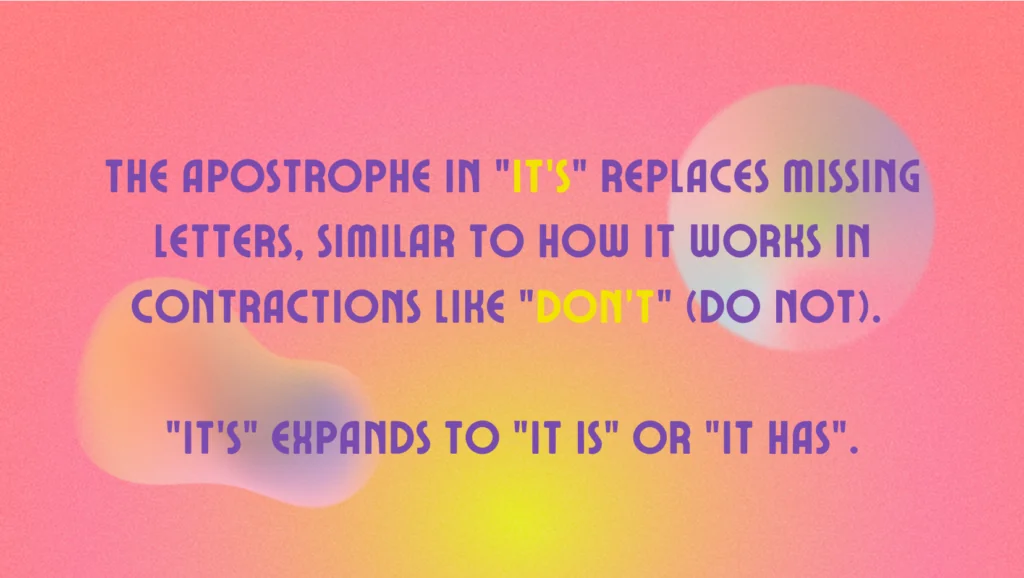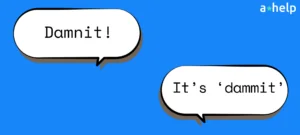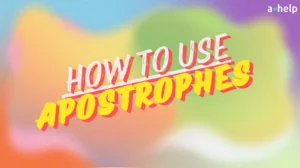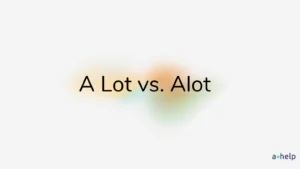In English, small differences in spelling can lead to big changes in meaning, affecting the clarity of your writing. A common example of this is the confusion between “its” and “it’s.” This mix-up, while seeming minor, can really impact your sentence. Basically saying, “it’s” is a contraction, a shortened form of “it is” or “it has”; “its” indicates ownership.

✅ AI Essay Writer ✅ AI Detector ✅ Plagchecker ✅ Paraphraser
✅ Summarizer ✅ Citation Generator
Today, we’ll learn how to distinguish between these two. This will help improve both your understanding and your writing skills.
When to Use “It’s”
The rule is very easy: it stands for “it is” or “it has.” This contraction is used in everyday English. However, it’s easy to confuse “it’s” with “its,” which can change the meaning of a sentence. Let’s look at some examples:
- It’s raining outside. (“It’s” means “it is.”)
- It’s been a long day. (“It’s” replaces “it has.”)
- It’s important to eat healthy. (“It’s” in this sentence stands for “it is.”)
- It’s unlikely he’ll arrive on time. (“It’s” means “it is.”)
- It’s been great seeing you. (“It’s” substitutes for “it has.”)
Remember, “it’s” should only be used as a contraction for “it is” or “it has,” and not when you are indicating possession, which is the role of “its.”
When to Use “Its”
The word “its” is a possessive pronoun, used to indicate that something belongs to or is part of something else. Unlike “it’s,” which is a contraction for “it is” or “it has,” “its” shows ownership. Understanding when and how to use “its” correctly can help improve the precision of your writing. Here are five examples of “its” used in sentences that cover a variety of subjects:
- The cat licked its paws. (“Its” shows that the paws belong to the cat.)
- The computer automatically saves its data every hour. (“Its” indicates that the data belongs to the computer.)
- The company changed its logo. (“Its” is used to denote that the logo is owned by the company.)
- The school expanded its playground. (“Its” shows that the playground is part of the school.)
- The ancient city was known for its unique architecture. (“Its” in this sentence tells us that the architecture is a characteristic of the ancient city.)
As you can see, “its” should never include an apostrophe when indicating possession, which helps distinguish it from “it’s,” the contraction. This is basically the difference between the usage of two words.
Tips to Remember the Difference
Still struggling to catch up? Don’t worry, we outlined four simple techniques that can help you when writing. One way you can know for sure which word to use is to “expand it”. This means if you can write “it is” in a sentence and make it sound okay, than probably you should use “it’s”; if not, then put “its”.

Here’s how you can remember the difference between “its” and “it’s”:
| Technique | How You Use It |
|---|---|
| 🧠 Memory Aid | Associate “its” with other possessive pronouns like “his” or “hers” which also do not have apostrophes. This helps in recalling that “its” indicates possession. |
| 🔁 Substitution Test | Substitute “it’s” in your text with “it is” or “it has.” If the sentence remains valid, “it’s” is correct. If it sounds incorrect, then you should use “its.” |
| ⏸ Pause and Reflect | Check if the sentence implies ownership by ‘it’. If so, “its” is required. If describing a state or action (it is/has), then “it’s” is appropriate. |
| 🗣 Read Aloud | Reading sentences aloud can help determine the correct form. Hearing “it is” or “it has” instead of “its” clarifies which to use based on context. |
See? It’s very easy! You just need to train a little bit. If you are still hesitant about your work, you can use our grammar checker just to be extra sure.
FAQ
Follow us on Reddit for more insights and updates.





Comments (0)
Welcome to A*Help comments!
We’re all about debate and discussion at A*Help.
We value the diverse opinions of users, so you may find points of view that you don’t agree with. And that’s cool. However, there are certain things we’re not OK with: attempts to manipulate our data in any way, for example, or the posting of discriminative, offensive, hateful, or disparaging material.